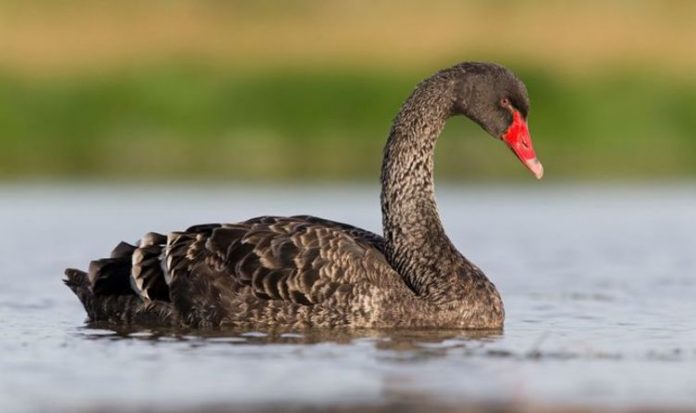Tests by the Department for Environment, Food and Rural Affairs (Defra) this week confirmed one adult black swan and five cygnets had passed away from the virus. In addition, Dawlish Town Council said that two other adult black swans had died on Tuesday this week, though their cause of death is yet to be established.
Native to Australia, the black swans have been a source of tourism for the town of Dawlish for decades.
Now, however, people are being warned to “stay away” from the swans as a precaution to avoid further spread of bird flu.
Andrew McKenzie, Dawlish Town Clerk, told Devon Live: “We understand the risk of bird to human transmission in this strain is minimal, however public safety is our first priority, and we will be working with the lead agencies to ensure all the necessary guidelines are being followed.
She added the swans “hold a special place within our communities”.
The swan deaths come amid a number of other bird-flu related fatalities in animal populations across the south west of England in recent weeks.
Three geese in Gloucestershire were found to have contracted a particular strain of avian flu called H5N8 last month.
They were found dead at the Wildfowl and Wetlands Trust in Slimbridge.
According to the NHS, that particular strain “has not infected any humans worldwide to date”.
Still, it is one of four strains that have caused concern in recent years – the others being H5N1, H7N9, and H5N6.
The NHS added: “Bird flu is spread by close contact with an infected bird (dead or alive).
“The includes: Touching infected birds; touching droppings or bedding; killing or preparing infected poultry for cooking.”
Symptoms may come on quickly and can include a high temperature, muscle aches, a headache, or a cough, among others.
Further complications can include pneumonia and acute respiratory distress syndrome, the NHS says.
Members of the public are asked to report ill or dead birds to Teignbridge District Council by using the council website or calling 01626 361101.







